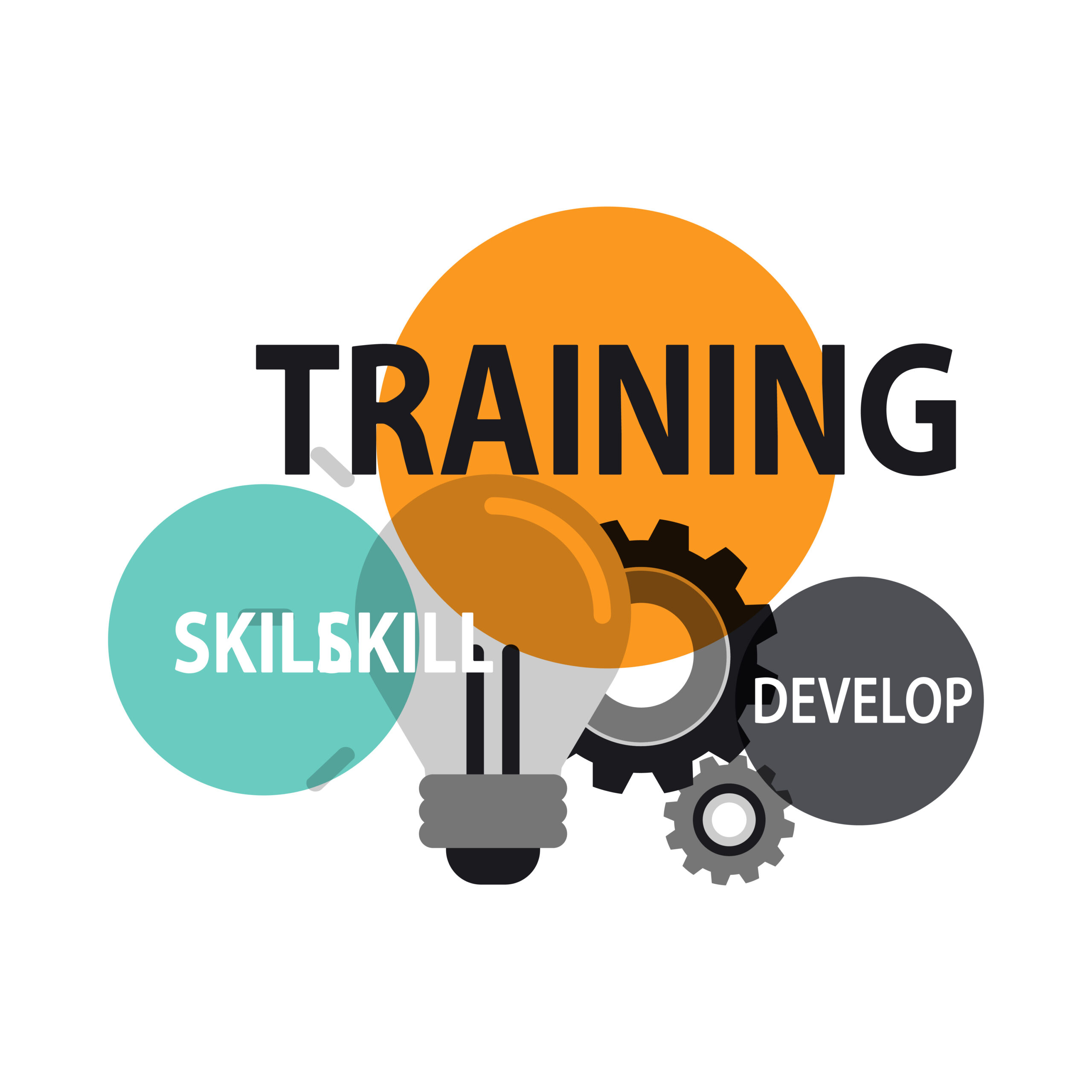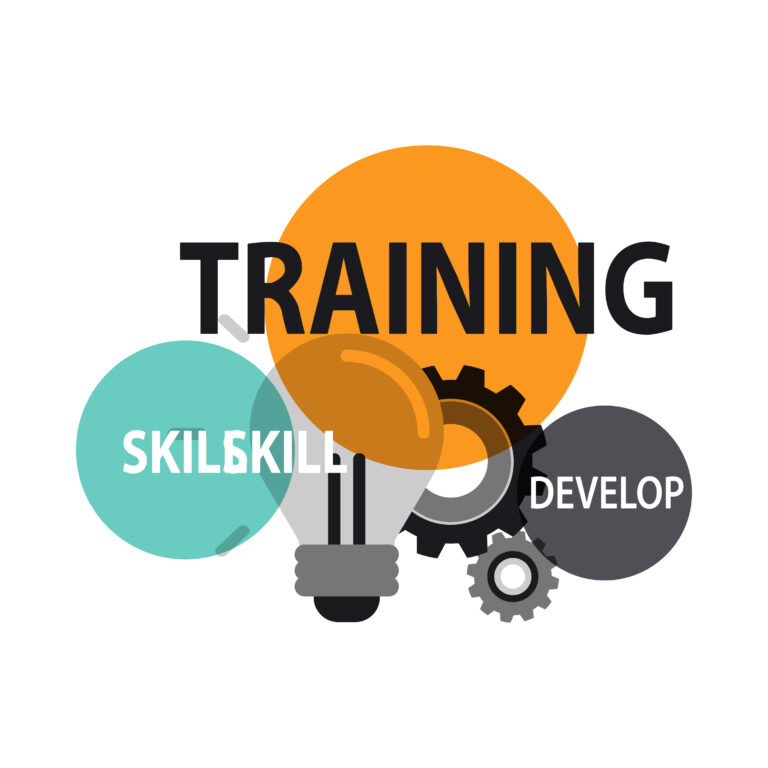Strategic investments are critical in the rapid world of SMEs for growth and maintaining competitiveness. One of the most beneficial expenditures that businesses can make is in employee training. This approach increases efficiency, improves workforce skills, and prepares your team to respond quickly to changes in the industry.
Let’s look at why experts recommend this method and how SMEs can use training to achieve long-term success.
Why Invest in Employee Training?
1. Enhanced Skills, Enhanced Performance:
- According to insights from HR consultants and industry studies, investing in training leads to a significant enhancement in employee skills. This directly correlates with improved job performance, increased productivity, and better quality of work.
- The Association for Talent Development (ATD) highlights that companies which prioritize training enjoy higher revenue per employee and improved profit margins.
2. Boosted Morale and Engagement:
- Engaged employees are crucial assets. They are more likely to stay with their employers and contribute actively to organizational goals. Offering training opportunities demonstrates a commitment to employee development, boosting morale, and fostering a sense of loyalty among your workforce.
3. Stay Ahead of the Curve:
- In today’s rapidly changing corporate scene, staying current on industry trends and technological breakthroughs is critical. Training ensures that your workforce is agile and able to respond to changes. This agility is essential for keeping your SME competitive and responsive to market fluctuations.
4. Improved Efficiency and Reduced Costs:
- Effective training programs have been shown to yield tangible benefits in terms of operational efficiency and cost reduction.
- Studies published in the International Journal of Training and Development highlight that well-trained employees make fewer errors, handle tasks more efficiently, and contribute to streamlined operations. This ultimately leads to cost savings and enhanced profitability.
How to Implement Effective Training
1. Assess Needs:
- Begin by conducting a thorough assessment of your business’s current and future skill requirements. Identify areas where skill gaps exist or where training could enhance employee capabilities.
This helps in aligning training programs with both business objectives and individual career development goals.
2. Choose Wisely:
- Select training programs that are not only relevant to your industry but also practical and valuable for your employees. Consider options such as industry certifications, specialized workshops, online courses, or even mentorship programs tailored to the specific needs of your organization.
3. Make Time for Learning:
- Allocate dedicated time for training sessions to ensure that employees can fully engage without compromising daily operations. Integrate training into regular work schedules or schedule sessions during quieter business periods to minimize disruptions.
4. Measure Impact:
- To determine the success of training initiatives, establish clear metrics and benchmarks. Track employee feedback, performance improvements, and observed changes in work quality and efficiency. This data will help you assess the return on investment (ROI) of your training efforts and make informed decisions for future training needs.
Expert Insight
John Smith, Business Development Advisor:
- “From a strategic standpoint, training your workforce ensures that your SME remains competitive. It equips your team with the tools and knowledge needed to tackle challenges and seize opportunities effectively.”
Conclusion
Investing in employee training is a strategic move that goes beyond immediate costs—it’s an investment in the future resilience and growth of your SME. By empowering your team with the right skills and knowledge, you’re not only improving performance and efficiency but also nurturing a motivated workforce that drives innovation and sustains long-term success.
Stay tuned for more expert insights and actionable strategies.








